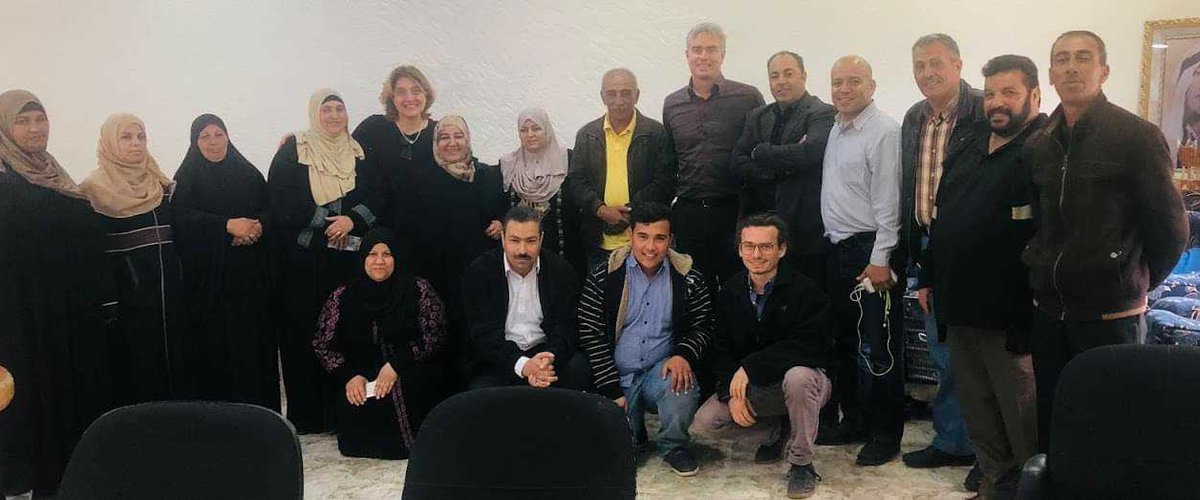The Global Land Forum is the triannual meeting of all member organizations of the International Land Coalition. It is a catalyst to bring together NGOs, research centres, government agencies, institutions, and community-based organisations in the hosting country to build a vision and roadmap for land governance based on local and national priorities. Jordan will host the Global Land Forum in 2021. The key regional issues of migration, climate change and conflict are key global issues, and their position in the GLF will help inform ILC strategy (2021-2027).
ILC EMENA can use the 2021 GLF to strengthen regional engagement. Field visits will cover themes in countries across the region, such as agrarian reform in Scotland, women’s access to land in Morocco, and the occupied territories of Palestine. Challenges/themes Preliminary Assessment of GLF Contribution
- Multi-level land use planning for effective, sustainable and transparent land decentralization – Identify and facilitate land policy reforms to harmonise community – municipal – governorate – national land use planning in the frame of limited resources. Promote equitable and sustainable access to land and open space for innovative land governance. Establish a platform for mediation and land dispute resolution. Facilitate transparency of land administration and dealing to stymie corruption.
- Climate Crisis – Nexus of land, water, food and energy. Protect agricultural lands from urban expansion and speculation. Promote sustainable agriculture in a context of food insecurity, water scarcity and energy dependence.
- Youth and land-based opportunities in rural areas – Facilitate a movement of youth anchored in responsible land governance and land-based opportunities for young people in rural areas. Pilot “land fund” for youth in empty or abandoned land. Revert migration and promote income generation activities and positive RUrban dynamics.
- Rangelands and Forestry Community-based land management – Sharing good practices on community-based land management (Hima and Rangeland Strategy), and innovative policies. Tribal versus statutory land systems – land, water, forestry and rangeland conservation – in a context of climate change.
- Preventing or resolving conflicts through secure access to land – Land in conflicts, post conflicts, and peace making. Preventing or resolving conflicts through secure access to land, including occupation (Occupied Palestine), refugee settlements, returning refugees
- Recognition of women’s land and inheritance rights – Women land rights and empowerment Recognition of women’s land and inheritance rights, including customary systems for securing land to women, and legal reform.
- Arab integration to prevent conflicts – Arab integration to prevent conflicts








